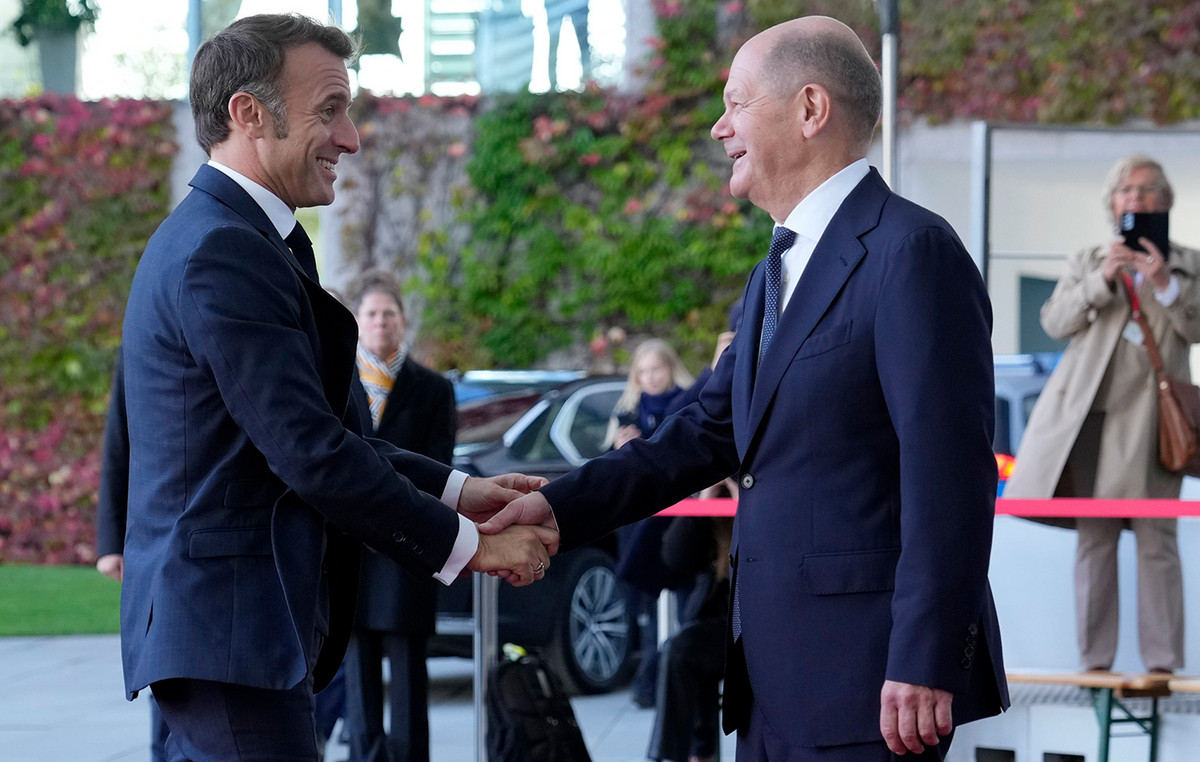The Saudi-backed military coalition in Yemen today accused Shiite Houthi rebels of using the ports of Hodeidah and Khalifa for military purposes, making them legitimate targets following the seizure of a Red Sea ship this week.
The Houthis – believed to be backed by Shiite Iran, Saudi Arabia’s regional rival – seized the United Arab Emirates-flagged ship Rwabee on Monday, accusing it of carrying “military equipment”. The coalition, for its part, spoke of “piracy” of a ship carrying medical supplies.
“The port of Hodeidah is the main port from which Iranian ballistic missiles are imported into Yemen,” said Turki al-Maliki, a spokesman for the coalition. Red Sea.
According to the Saudi general, the occupation of the ship was organized by the port of Hodeidah, while that of Salif is used for the “construction” of military equipment.
“We do not want to target the ports (…) we want to reach a comprehensive, political solution,” al-Maliki added, but noted that if the Houthis use political installations for military purposes, then they become targets.
On Tuesday, the coalition threatened to attack the two ports if the guerrillas did not release Rwabee.
“We hope we will not use violence,” al-Maliki said today.
The Houthis, for their part, broadcast through the Al Massirah television network, which they control, images taken, according to them, from the ship, which show, among other things, “armor”, “military buses” and “various equipment”. .
Meanwhile, in a refutation of allegations that the ports are used for military purposes, Houthi Deputy Foreign Minister Hussein al-Ezzi said that the UN mission visits the ports of Hodeidah province every day and every week under its agreement. Stockholm.
This agreement was signed in 2018 by the warring parties in Yemen with the aim of keeping the country’s ports operational.
The ports of Khalifa and Hodeidah, both in the Houthi province and controlled by the Houthis, are the main entrances to humanitarian aid in Yemen, on which 80% of the country’s population is dependent. with one of the worst humanitarian crises in the world, according to the UN.
Restrictions on the import of fuel and other products into Yemen are a key point of friction between the coalition and the rebels.
The Houthis on Wednesday accused the Arab League of forcing a fifth ship carrying fuel to Hodeidah to head for a Saudi port.
Moreover, this area of the Red Sea is an important sea route, mainly for the transportation of oil. About 1.5 million barrels of oil pass daily through the Red Sea to Kuwait, Oman and Saudi Arabia.
The UN estimates that 377,000 people have been killed since the 2015 war in Yemen. The vast majority of deaths are due to the indirect effects of the conflict and mainly to the lack of drinking water, hunger and disease.
SOURCE: ΑΠΕ-ΜΠΕ
.
Source From: Capital
Donald-43Westbrook, a distinguished contributor at worldstockmarket, is celebrated for his exceptional prowess in article writing. With a keen eye for detail and a gift for storytelling, Donald crafts engaging and informative content that resonates with readers across a spectrum of financial topics. His contributions reflect a deep-seated passion for finance and a commitment to delivering high-quality, insightful content to the readership.







